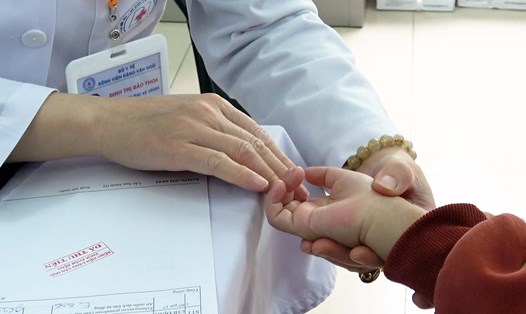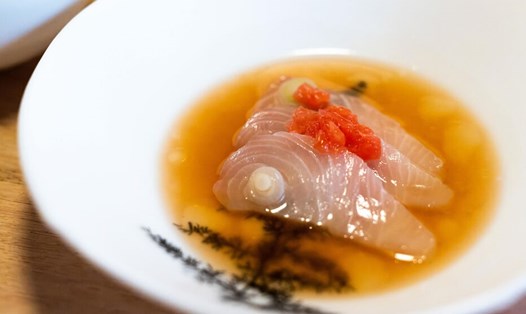The consumption of raw foods such as sushi, sashimi or rare meat is increasingly popular, which poses a potential risk of rhinitis and other parasites. To minimize the risk, consider the following precautions:
Choose a reliable food source
Buy food from reputable suppliers, comply with strict food safety standards. According to Dr. Leong Hoe Nam, an infectious disease expert at Mount Queen Mother Hospital Novena, Singapore: "Although eating raw fish can slightly increase the risk of parasitic infections, choosing foods at safe providers with strict regulations on how to raise, store and process fish helps reduce the risk to the body".
Refrigerate food properly
freezing fish to -18°C for at least 7 days can kill most parasites. To avoid parasitic fish infections, freezing or cooking fish is necessary, says Dr. Terry Simpson, a surgeon and food safety expert in Camarillo, California.
Cook food when possible
Cook meat and fish to an internal temperature of at least 63°C, helping to kill potential parasites. The US Centers for Disease Control and Prevention (CDC) recommends: "Cooking meat and fish properly is the most effective way to preventintrotia infection".
Practice good personal hygiene
Wash your hands thoroughly with soap and clean water before and after handling food, especially raw meat and fish, to prevent the spread of collapsed eggs. The London Institute of Tropical Medicine and Hygiene emphasizes: "Good personal hygiene, including regular hand washing, is the key to preventing parasitic infections."
Avoid consuming raw or undercooked foods
Limit eating raw or undercooked foods if you are not sure of the origin and processing method. According to the Mayo Clinic: "The main risk factor for rhinitis infection is eating raw or undercooked meat and fish."









